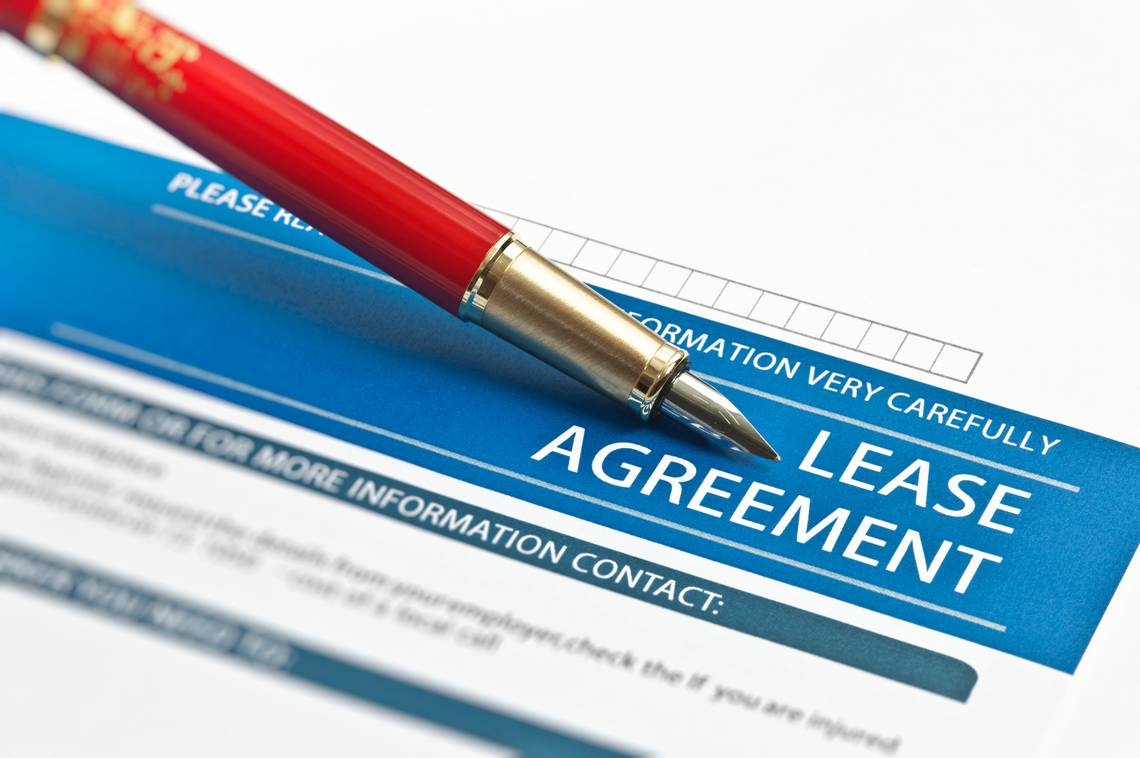Looking to navigate lease agreements in Washington? Look no further! This guide is your comprehensive resource to understand the laws and regulations surrounding lease agreements in the state.
We’ve got you covered, from required disclosures to fair housing protections. Learn about essential information to disclose to tenants, entry rules, eviction notices, and more.
Whether you’re a seasoned landlord or just starting out, this guide will equip you with the knowledge and resources you need to successfully navigate Washington’s lease agreements.
Required Disclosures
When renting a property in Washington, you must provide certain disclosures to your tenants. These disclosures include information about the lease agreement Washington state, Washington state lease agreement, and Washington residential lease agreement.
It’s important to provide your tenants with a copy of the rental agreement, as well as a receipt for the security deposit. Additionally, you must provide a move-in checklist to document the condition of the property at the time of move-in.
Another important disclosure is the lead-based paint disclosure, which is required for properties built before 1978. It’s crucial to comply with fair housing protections, which prohibit discrimination based on race, color, national origin, religion, and sex.
Fair Housing Protections
To ensure compliance with fair housing laws, landlords in Washington must abide by certain protections. These protections are in place to prevent discrimination and ensure equal housing opportunities for all individuals.
Under Washington state law, it’s illegal for landlords to discriminate against tenants based on race, color, national origin, religion, or sex. This means that landlords can’t refuse to rent to someone or treat them differently because of their protected characteristics.
Landlords must treat all applicants and tenants fairly and equally, regardless of their background or personal characteristics. It’s important for landlords to be aware of these fair housing protections and to ensure that they’re followed in all aspects of their rental business.
Entry
How can you ensure proper entry into your rental property in Washington?
In Washington, landlords must follow certain rules when entering a rental unit. It’s a good idea to include these guidelines in your rental agreement so your tenants know what to expect when it comes to their landlord’s ability to enter their home.
– First, you must provide advanced notice to your tenant, giving them at least two days’ notice before entering.
– Additionally, you need to obtain the tenant’s consent to enter the unit.
– It’s important to remember that you can only enter at reasonable times.
– You’re allowed to enter the unit for specific reasons, such as inspecting, repairing, supplying services, or showing the unit to prospective tenants.
– In case of an emergency or abandonment, you may enter without consent or notice.
Following these guidelines will help ensure that you properly enter your rental property in Washington.
Eviction Notices
To properly handle eviction notices in Washington, you must be aware of the required steps and legal complexities involved.
When it comes to eviction, there are specific notices that landlords must provide to tenants. The first is the Rent Demand Notice, which gives tenants 14 days to pay the rent or quit the premises.
If a tenant violates the terms of the lease, landlords can give a Notice for Lease Violation, which allows tenants 10 days to cure the violation or quit the premises.
In cases of conducting unlawful business, landlords can serve an Unconditional Notice to Quit, giving tenants 3 days to quit the premises.
It’s important to note that evictions are complex legal processes, and it’s recommended to consider hiring a real estate attorney to navigate them successfully.
Other Laws and Facts About Washington
In Washington, landlords must familiarize themselves with the additional regulations and requirements of the Mobile Home Landlord-Tenant Act. This act specifically applies to landlords of mobile homes and includes specific regulations that must be followed. It’s important for landlords to comply with these regulations to ensure a smooth rental process and to avoid any legal issues.
In addition to the Mobile Home Landlord-Tenant Act, there are other important laws and facts that landlords should be aware of. For instance, the median rent rate in Washington is $2,195 per month, and in Seattle, it’s $2,324 per month. Understanding these rental market trends can help landlords set appropriate rental prices.
Conclusion
In conclusion, as a landlord in Washington, understanding the laws and regulations surrounding lease agreements is crucial. From required disclosures to fair housing protections, it’s important to navigate these complexities to ensure a successful landlord-tenant relationship.
By adhering to the rules surrounding entry, eviction notices, and other laws, you can protect your rights as a landlord while also providing a fair and equal housing experience for your tenants.
Stay informed and equipped with the knowledge and resources needed to navigate Washington’s lease agreements effectively.



